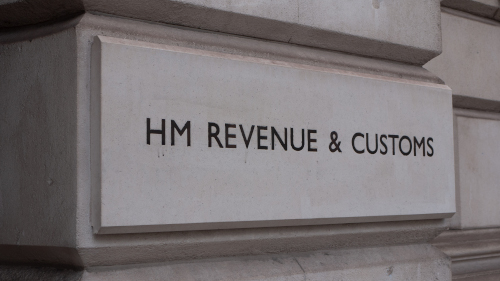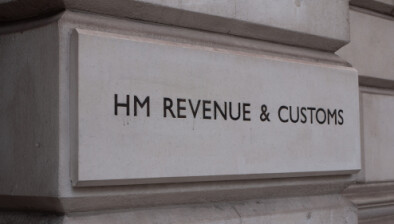Maximum jail time for tax fraud to be doubled

The UK government has announced that the maximum jail sentence for tax fraud will double from seven to 14 years for the most “egregious” forms of evasion.
The Treasury announced the change in last week’s spring budget and said it will consult on the introduction of a new criminal offence for promoters of tax avoidance who fail to comply with a legal notice from HMRC to stop promoting a tax avoidance scheme. The Treasury also earmarked an additional £47.2 million to bolster HMRC’s capability to collect tax debts.
Figures published last month showed that the total value of alleged fraud with a value of £100k or above reaching UK courts in 2022 was £1.12 billion, an increase of 151% compared to £444.7m in 2021. However, the amount of cases decreased by 27% from 298 in 2021 to 219 in 2022.
Roy Waligora, partner and head of UK investigations at KPMG, said: “The slight drop in volume of fraud cases heard does not mean that fraud in the UK was any less prevalent in 2022.
“The impact of fraud remains a real concern in the UK, however, the decrease in the volume of cases may be an indication of pressure on authorities and that some fraud cases are not resulting in charges, as recently outlined by the National Audit Office.”
Mr Waligora added: “The Fraud Barometer only looks at reported cases heard with a value of £100k or above in UK courts, so the likelihood is that the general public have been the victims of many more frauds. As the cost-of-living hits households, we are likely to see a combination of two things happen.
“Firstly, we are likely to see opportunist fraudsters target the public through specific scams relating to the cost of living, such as a recent energy rebate scam.
“Secondly, there is likely to be an increase in frauds committed by more amateur criminals as people face financial difficulties. The public must stay vigilant, with the help of businesses, government and the police.”







